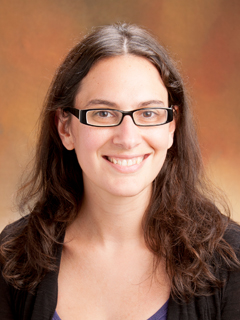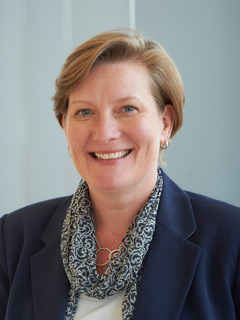HOW CAN WE HELP YOU? Call 1-800-TRY-CHOP
Gender and Sexuality Development Clinic
The Gender and Sexuality Development Clinic (GSD Clinic) offers psychosocial and medical support for gender variant, gender expansive, and transgender children and youth up to age 21 and their families. A multidisciplinary team, led by Directors Nadia L. Dowshen, MD, MSHP, and Linda Hawkins, PhD, MSEd, LPC, includes specialists in gender identity development from Social Work and Family Services, Adolescent Medicine, Endocrinology, and Behavioral Health. The team also provides consultation and training for providers and organizations interested in learning how to better serve the needs of gender-expansive youth. The Human Rights Campaign recently recognized CHOP as a Healthcare Equality Index Leader.
Research Project Highlights:
- National HIV Behavioral Surveillance Among Transwomen Formative Assessment: In collaboration with the Philadelphia Department of Public Health, the project’s goals include the following: to garner support of the transgender women community and their stakeholders in Philadelphia; identify and describe the sub-populations that exits with the local community; investigate structural and contextual factors that may affect HIV acquisition in the local trans women population; obtain information needed for conducting the survey; identify potential barriers to recruitment and participation, and develop solutions; and develop local questions and a plan to monitor field operations.
- Fertility Preservation: Better understand opinions and attitudes of transgender and gender-expansive youth and their families about fertility preservation in order to improve the quality of care.
- Gender Dysphoria (GD)/Gender Identity Disorder (GID) diagnosis prevalence trends: Describe the national and regional prevalence of GID or GD diagnoses from 2010 – 2014 among individuals 21 years of age and younger to better understand health services for this marginalized population.
- Transgender Youth Photovoice Project: Understand barriers and facilitators to gender identity affirmation among transgender and gender non-binary youth receiving care at a clinic that provides medical services and psychosocial support. Generate suggestions on how to improve gender-affirming care and promote well-being informed by lived experiences of transgender and gender non-binary youth.
- Experience of Chest Dysphoria and Masculinizing Reconstructive Chest Surgery in Transmasculine Youth: We aim to describe the physical and emotional experience of, and strategies for coping with, chest dysphoria in transmasculine youth ages 13-21. We will also explore TM youths’ perceptions of top surgery, their decision-making process for whether or not to pursue surgery, and — for those who have undergone top surgery — explore their experiences of surgery and its impact on their lives.
- Histrelin Implants in the Pediatric Transgender Population: a Review of the Experience and Patient Family Satisfaction From a Large Academic Children’s Hospital: The primary objective is to analyze the overall experience with the histrelin implant procedure in the pediatric transgender population, including the overall satisfaction from the perspective of parent/guardian subjects from a large academic children’s hospital.
- Positively Connected for Health (PC4H): Focused on improving health outcomes of young people living with HIV, ages 14-34, through engagement and retention in care, and medication adherence through a digital health literacy workshop and mobile application.

